Pretty much every gardener knows that the plants in your garden need potassium among all the other nutrients you have to give them.
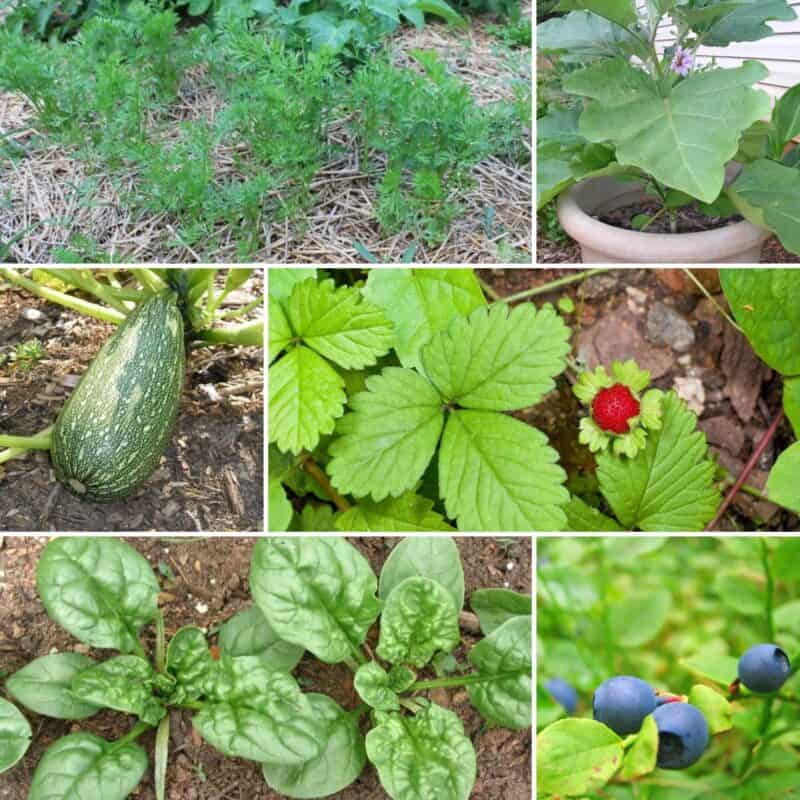
Nitrogen is critical and phosphorus is as always important, but it is potassium, more often than not, that is imperative to good health across all the different species you might have.
For instance, it is potassium that is critical to the regulation of the water cycle in the plant, and it is also needed indirect proportion to the amount of nitrogen and other nutrients that the plants receive.
They can be getting plenty of other nutrients, but if they are lacking in potassium, they won’t be able to make use of them!
Many plants in your garden, specifically those that produce fruits and vegetables or big, beautiful blooms, need more potassium than the rest.
Keep reading, and I’ll tell you about 26 such plants along with five that can do with a little less potassium most of the time…
1. Oranges
It should be obvious to see how potassium is critical for the development of oranges: any fruiting tree that produces large fruit, like oranges, and especially juicy fruits that are full of water will benefit from plenty of potassium.
It’s especially critical for oranges and other citrus fruits because it promotes the distribution of water throughout the tree and fruit, and also plays a critical role in the utilization of enzymes.
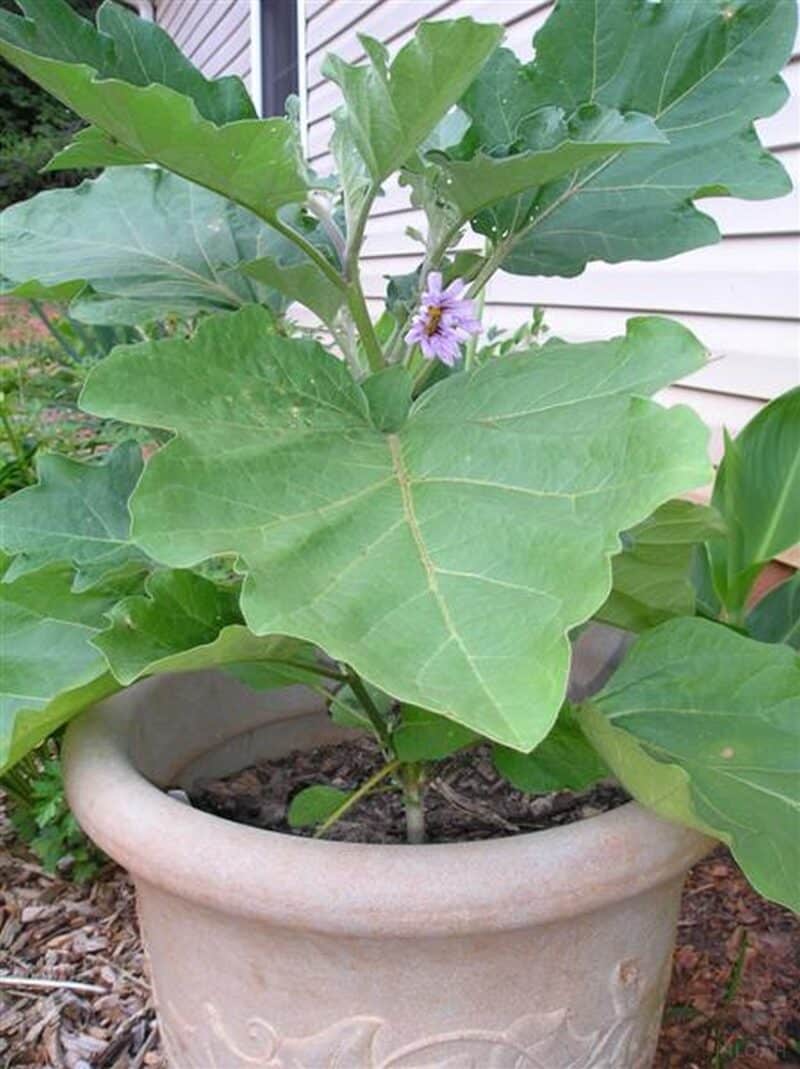
2. Eggplant
Eggplant is a garden veggie that can grow stereotypically massive, or at least most varieties do, and any plant that produces huge fruits like this is going to need tons of potassium.
This will lead to your eggplants being large, firm, healthy and flavorful, and it’ll help the plant produce them by promoting dependable flowering that will aid with reproduction.
You’ll definitely want to make sure your eggplants get plenty of this mineral throughout the season.
3. Roses
Not every plant we put in our gardens produces something we can eat, but sometimes they’re so beautiful that’s just okay!
When it comes to beauty, what flower is more beautiful than the rose?
None, as far as I’m concerned, but if you want to enjoy the show these fickle flowers will need plenty of potassium.
Potassium will improve color and the rigidity of stems in roses, keeping your precious flowers upright, vibrant, and magnificent!
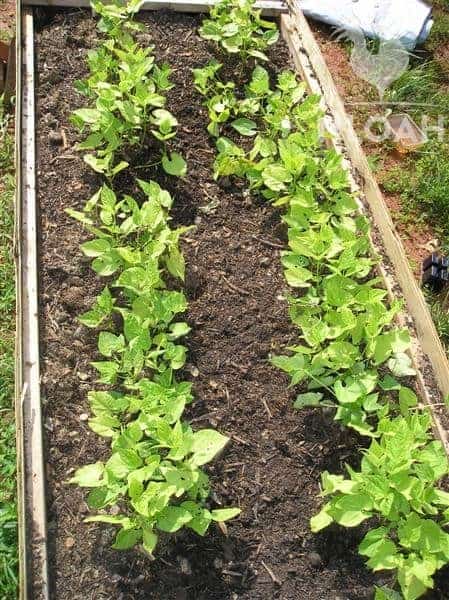
4. Green Beans
Potassium is also a vital nutrient for green beans, and other beans besides, because it supports flowering which is essential for reproduction and it also improves overall yield and quality by promoting healthy and shapely pod formation.
Potassium is generally useful for green beans like all plants, but particularly in the case of green beans, a little extra potassium will give you a bumper crop of the highest quality.
5. Zucchini
Zucchini plants don’t directly need too much potassium when they have begun to grow their fruits, but they will need plenty prior to that point.
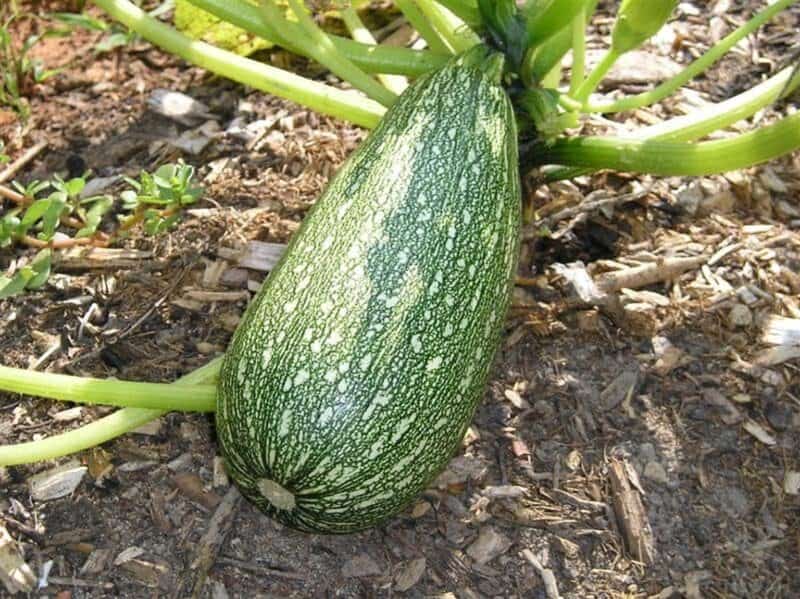
Zucchini plants must have lots of potassium in order to promote fast, strong vine growth, and the retention of moisture.
As ever, potassium also increases the formation of flowers and will prompt strong initial production of the fruit itself.
6. Banana
Bananas are known as a terrific source of potassium, but if you want your bananas to be as sweet and full as they are healthy, you must provide the plant with plenty of potassium while they are growing. This one just makes sense!
7. Lemons
Another citrus fruit that, like I said about oranges, lemons need lots of potassium in order to thrive.
Potassium is absolutely critical if you want your lemons to be full, firm, juicy, and tangy, and this mineral is, of course, important for the overall health and vitality of your lemon tree, whether you have a full-size or dwarf variety.
Don’t skimp on the potassium if you want to grow great lemons, and make sure you check your levels throughout the season.
8. Grapefruit
Yet another citrus fruit that needs lots of potassium as described above. Potassium is imperative for large, full and juicy grapefruits along with the overall health of the tree.
Don’t skip, and especially be sure that you give your grapefruit trees extra potassium to go along with other nutrients that they receive.
Considering how large many grapefruit cultivars are, they will need plenty of it.
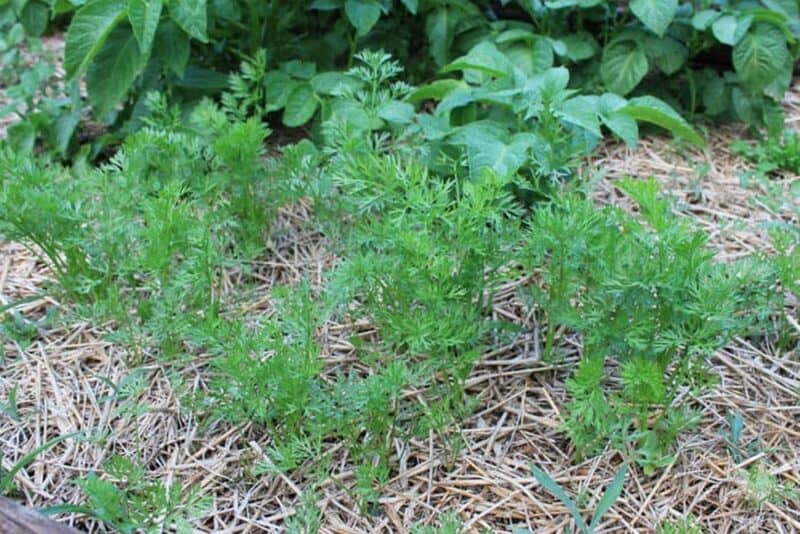
9. Carrots
Many root veggies are sort of overlooked when it comes to the importance of potassium, but you’d be unwise to grow carrots without it.
Potassium is directly needed by carrots to form full, verdant tops which will fuel the growth of the root part that we eat.
Potassium also contributes to that root directly by making it firm, colorful, crisp, and nutritious. Be sure that your carrots get plenty!
10. Watermelon
Huge fruits? Check. Incredibly juicy? Check. You just know that watermelons will need tons of potassium if you want them to be at their best.
Somewhat like zucchini (see above) ensuring that watermelon plants get enough potassium throughout the season will promote vine formation and health, and will directly fuel the growth and resultant sweetness of the melon itself.
Potassium is always essential in the garden as I’ve said, but it is super essential for sweet watermelon!
11. Honeydew
Honeydew is not quite as monstrous a melon as watermelon up above, but it benefits greatly from plenty of potassium in its diet all the same.
Honeydew plants also seem especially sensitive to a lack of potassium, so if it appears like your plants are just not off to a great start or they are behaving sluggishly in the middle of the season, a lack of potassium might be to blame.
12. Marigolds
Another purely decorative flower that will nonetheless benefit from potassium in your garden.
In this case, potassium is a leading contributor to the vibrancy of these flowers and the overall vitality of the plant.
Perky, colorful marigolds are virtually assured if you provide them with enough potassium.
13. Kidney Beans
As with green beans above, kidney beans depend on potassium for good pod formation and flowering, and it will directly contribute to the quality and size of your harvest.
Be sure that your kidney beans get plenty of this mineral, or else you’ll have puny, dense and flavorless beans.

14. Strawberries
More than most other fruits on our list, it is the small berries that benefit the most dramatically from getting plenty of potassium.
The biological processes of potassium are closely tied with the use of other nutrients and also in keeping your plants healthy by fending off diseases, with the latter being something that strawberries are particularly vulnerable to.
Potassium is critical for strawberries that are full, sweet, firm and tasty.
15. Blueberries
As with strawberries, blueberries depend on potassium to promote the overall health and hardiness of the plant, and also the production of many firm, sweet and juicy berries.
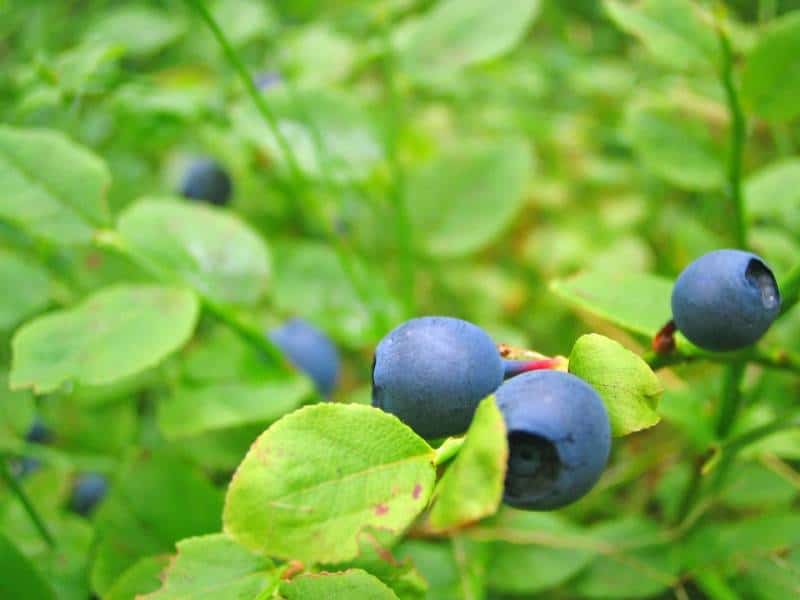
A lack of potassium will lead to greatly reduced production of berries, and what berries there are won’t be very good.
Because it’s on this list, you know the answer is to make sure that your blueberry bushes get plenty of stuff.
16. Blackberries
Blackberries and raspberries for that matter, need lots of potassium for the exact same reasons that strawberries and blueberries do.
Good healthy growth, vitality, and fruit quality are all but assured if they get enough potassium along with their other nutrients.
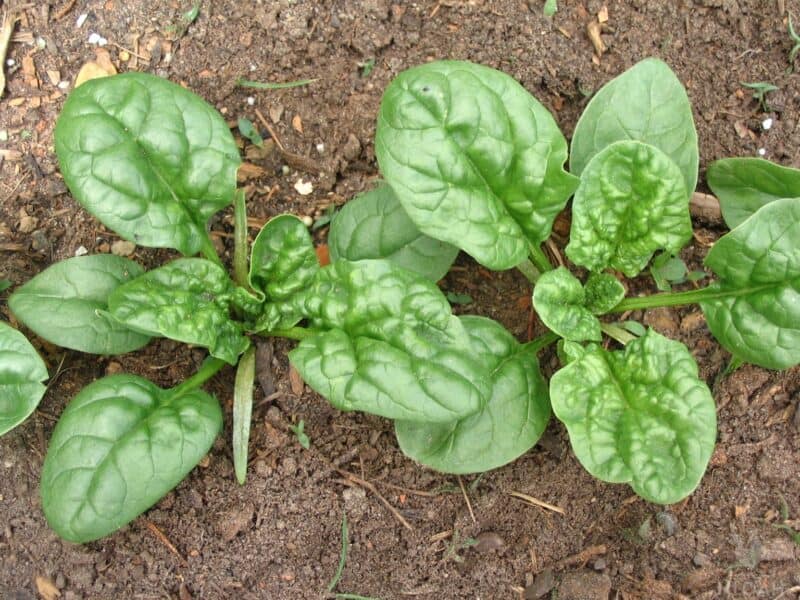
17. Spinach
When growing spinach, like most other dark green salad vegetables, must have plenty of potassium if you want a crisp and delicious harvest.
This is because potassium plays a vital role and the production and activation of chlorophyll in plants, all plants, not just spinach.
But because we’re eating the leaves of spinach if they do not get enough chlorophyll early on in their development, they will be limp, flat and tasteless, and also won’t be anywhere near as nutritious.
So naturally, they had better get that potassium!
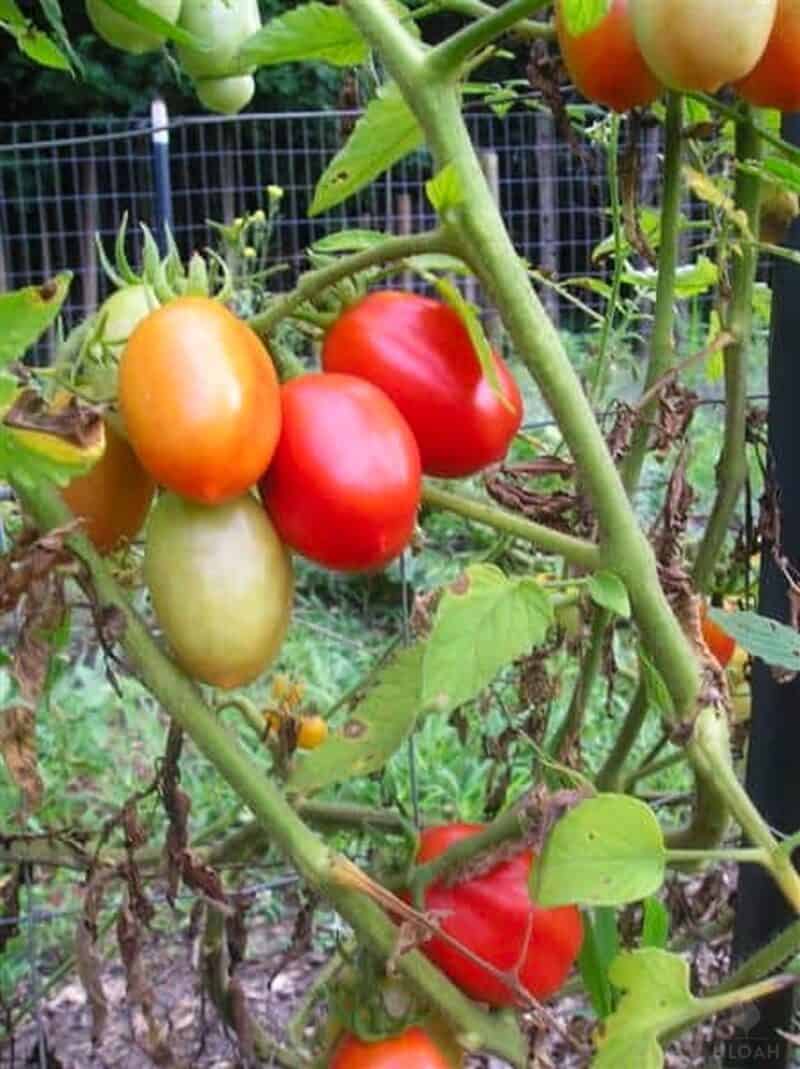
18. Tomatoes
Among the most popular and also the most fickle of vegetables in our garden, you can help ensure that your tomatoes will do their best if you give them lots of potassium.
As mentioned above under spinach, potassium is imperative to help tomatoes produce enough chlorophyll to promote dependable and disease-free growth.
It’s doubly important for climbing and vining plants like tomatoes, so check your nutrient levels early in the season and apply regularly as needed along with other nutrients like nitrogen and phosphorus.
19. Peppers
One of the most varied veggies you will find in the average garden, peppers come in all shapes, sizes and colors – and most importantly all levels of spiciness!
Whether you want mild, sweet bell peppers or the enamel-melting intensity of the habanero, if you want to grow peppers you need to know that all of your peppers depend on potassium for good flavor, crispness, and fruit development.
They are finicky enough in the best of times; you can make things way harder on yourself if you don’t give them enough of this mineral.
20. Sweet Potatoes
Another root vegetable, really a tuber, that depends on potassium at every phase of development, particularly in the initial development of the tuber and also the growth of the foliage that will help channel nutrients to it.
A lack of potassium is often indicated by small, hard and flavorless sweet potatoes.
You know the drill: make sure they get enough and don’t be afraid to check your soil nutrient levels to be sure!
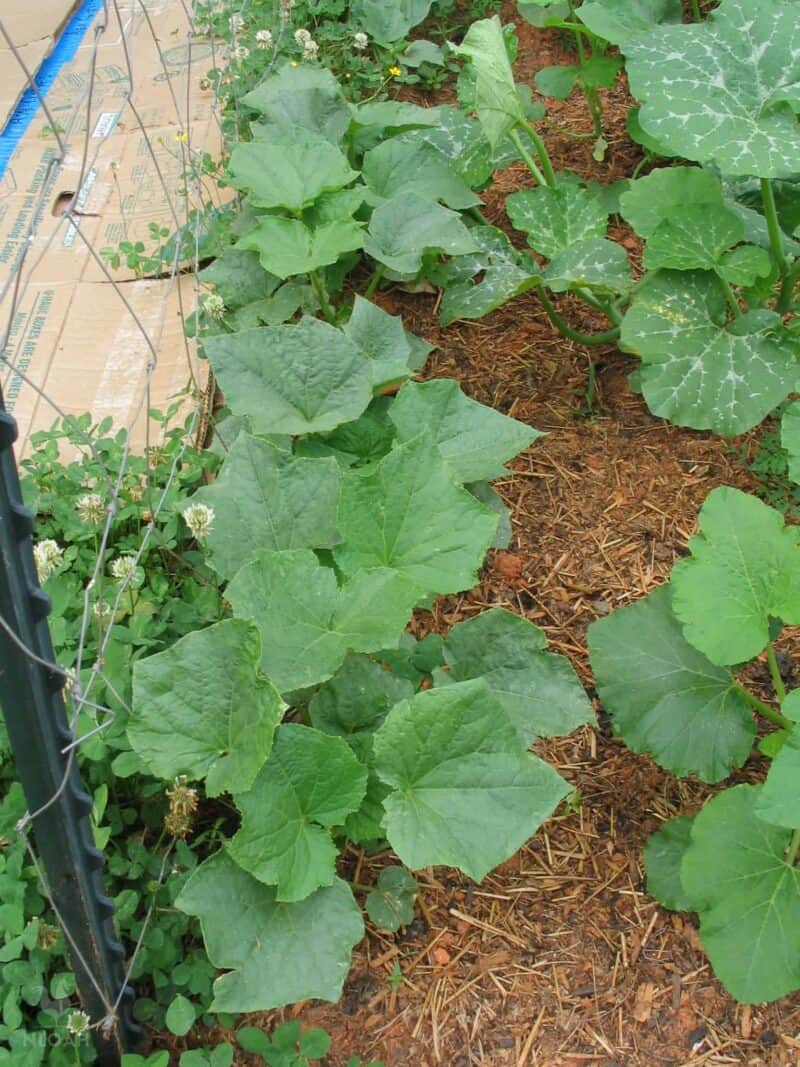
21. Cucumber
They grow on a vine and are typically quite juicy, and so cucumbers are another potassium-craving veggie in your garden.
Adequate potassium intake is directly correlated to healthy, firm and brilliant green vine and leaf growth, and that will directly contribute to the initial development and of the quality of the resulting cucumbers.
22. Grapes
Grapes are basically small berries, and like I said above, it is surprisingly enough the smaller fruits that typically need potassium the most.
Potassium is absolutely imperative to help your grapes resist diseases, of which there are many that plague them, and also develop firm, full, juicy and sweet fruit.
A lack of potassium will probably mean a devastated crop and a poor return, and what grapes you get to keep will be lackluster indeed.
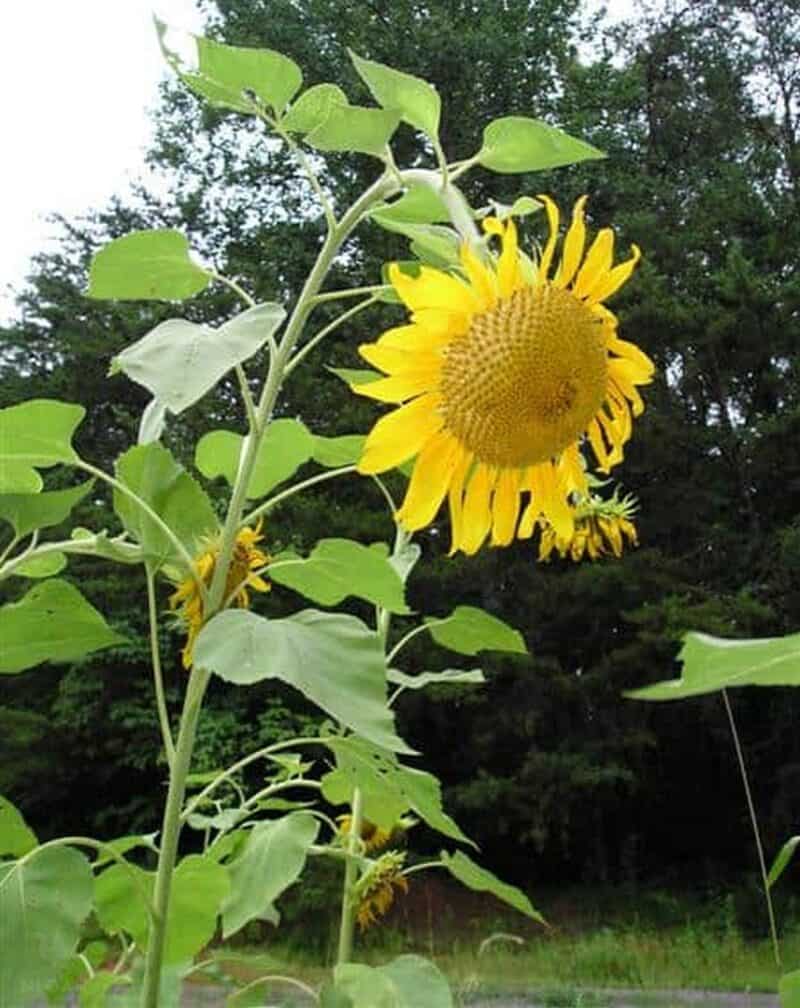
23. Sunflowers
There’s hardly any flower I love more than sunflowers. These tall, vibrant giants depend on potassium totally so that the stalks can be strong enough to support those enormous heads as they reach for the sky.
Potassium also contributes to proper seed formation which is important whether you’re harvesting them for a future planting or for turning into delicious snacks.
Like all of the other plans we’ve already talked about, big and bold sunflowers need proportionally more potassium under the same conditions, so make sure they get it.
24. Potatoes
Potatoes, just like their sweet potato cousins, need potassium if they’re going to grow full, firm and flavorful.
Potassium is also super important because it helps potatoes resist the many blights and diseases that are lurking out there waiting to make them rot.
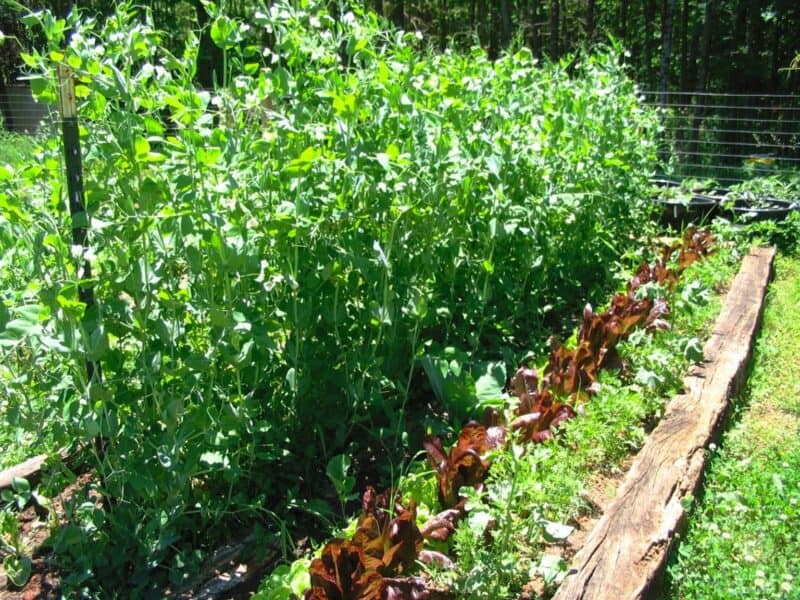
25. Peas
Once again we find that potassium is needed for proper pod formation and overall growth.
Without it, peas will be shriveled, stunted and bland, and their thin pod casings mean many will be lost during harvesting or even subsequent cooking.
You don’t want that, so make sure your peas stay topped up with potassium.
26. Avocado
If it’s good for the tree it is good for the fruit, and avocado trees need lots of potassium to help fuel photosynthesis. This in turn will help the developing fruits.
Remember that if the plant itself is struggling to survive, say from a lack of needed energy from photosynthesis, it is less likely to fruit and what fruits it does produce will be of poor quality.
Prevent this fate for your avocados by giving your avocado trees lots of potassium when required.
5 Plants That Don’t Need Much Potassium
Well it is true that pretty much every plant needs a certain amount of potassium in order to thrive, not all of them are hungry potassium-cravers.
1. Radishes
Radishes are a surprisingly hardy root vegetable, and even though root vegetables need potassium like every other, radishes tend to be a lot more tolerant of a lack of potassium in most soils.
2. Lettuce
Lettuce, in stark contrast to spinach, has significantly reduced potassium requirements for acceptable quality.
Make no mistake, lettuce still needs this mineral and you’d be foolish to withhold it, but it just won’t need as much.
3. Daisies
Despite being pretty flowers, daisies don’t need nearly as much potassium compared to roses or marigolds in order to thrive.
4. Herbs
Many common kitchen herbs are surprisingly tolerant of a lack of potassium in the soil so long as they’re moisture and light requirements are being met.
5. Succulents
Many succulents are pretty tough as far as plants are concerned, and are still capable of growing and thriving during times of nutrient scarcity, including potassium.
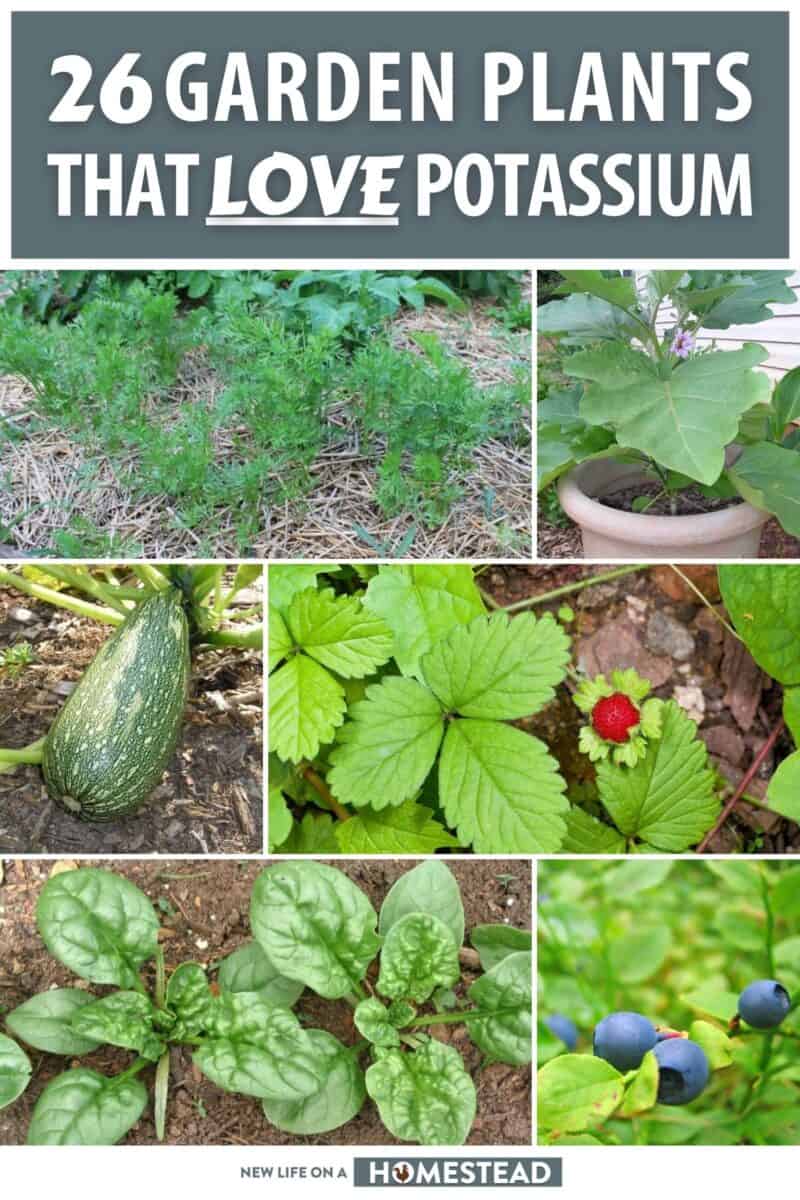
Tom has lived and worked on farms and homesteads from the Carolinas to Kentucky and beyond. He is passionate about helping people prepare for tough times by embracing lifestyles of self-sufficiency.
